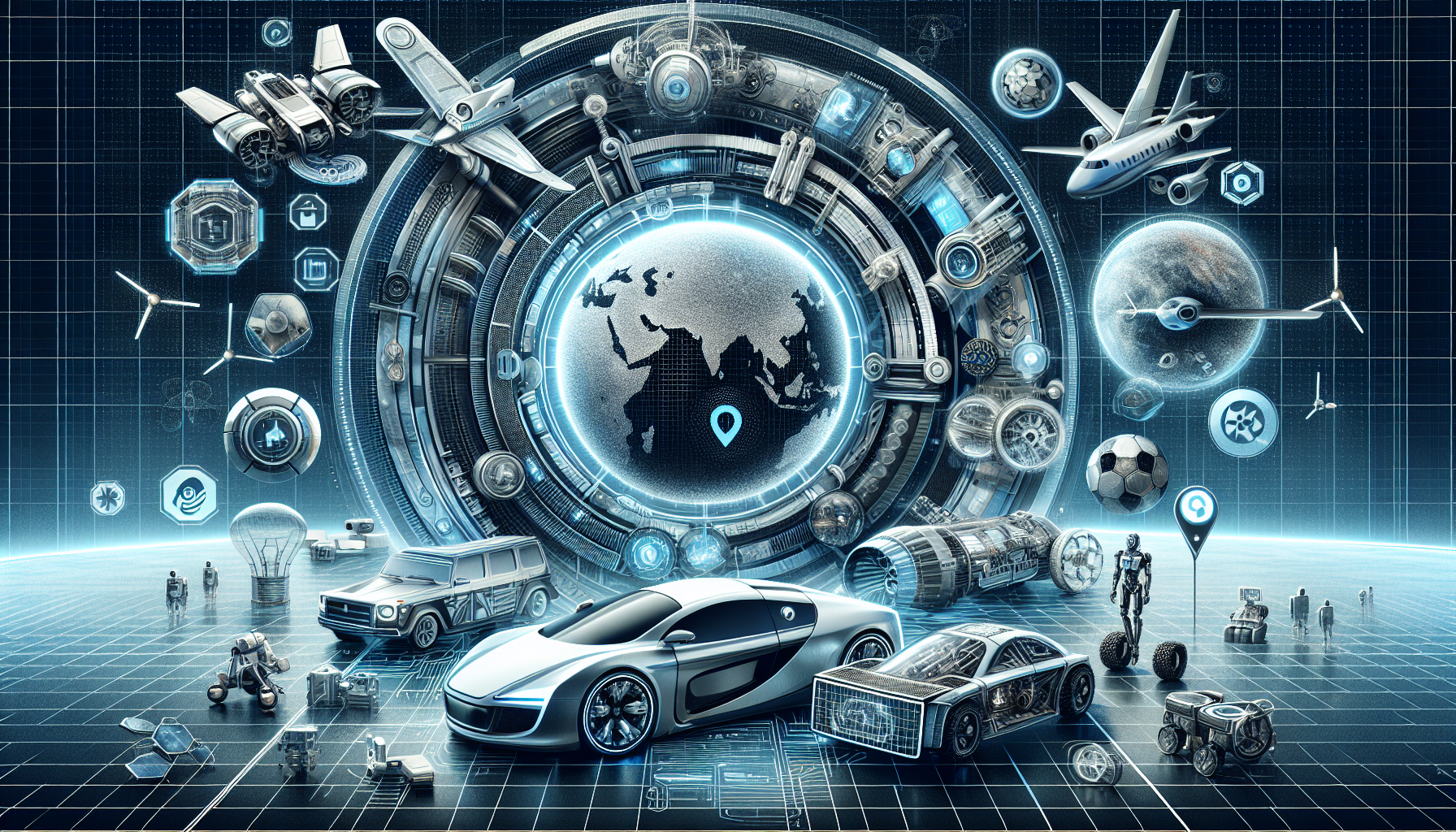Artificial Intelligence Advancements
Generative AI Enhancements
In 2025, generative AI is set to take a giant leap forward. Machine learning algorithms are expected to create highly realistic content across multiple mediums such as text, art, and even music. This technology will be used in creative industries, enabling artists and writers to collaborate with AI in innovative ways. Imagine a world where a novelist’s ideas are expanded by AI-generated plot twists or where graphic designers can instantaneously generate artwork based on simple prompts.
AI Ethics and Regulations
With advancements in AI, the conversation surrounding ethics and regulations is growing more urgent. Innovations in AI will likely come hand-in-hand with new frameworks designed to ensure responsible use. Expect organizations to prioritize transparency in AI algorithms and for governments worldwide to impose regulations that govern AI development, ensuring that human oversight remains intact.
Healthcare Breakthroughs
Telehealth 2.0
Telehealth, which gained traction during the pandemic, is evolving rapidly in 2025. The new wave of telehealth platforms will incorporate augmented reality (AR) and virtual reality (VR) for enhanced patient experiences. Imagine a doctor conducting a remote physical examination using AR to visualize anatomy better or utilizing VR for therapeutic practices. This technology aims to lower barriers for patients, especially those in remote locations, ensuring they receive timely and effective medical advice.
Wearable Health Technology
Wearable technology is not just about tracking steps anymore. In 2025, we can expect wearables to incorporate advanced biometric sensors capable of monitoring blood glucose levels, hydration status, and even mental health indicators. These devices will provide users with real-time health insights and recommendations, making preventive healthcare more accessible. This shift is crucial in promoting a proactive approach to health management.
Climate Tech Innovations
Carbon Capture Systems
As climate change continues to pose an existential threat, 2025 is poised to witness breakthroughs in carbon capture technology. New systems designed for industrial applications will effectively capture carbon dioxide emissions at unprecedented rates. These innovations will be pivotal in mitigating the effects of global warming, helping industries transition to greener practices.
Renewable Energy Storage Solutions
Renewable energy sources like solar and wind are intermittent by nature. However, advancements in energy storage systems, including solid-state batteries and new materials for energy resilience, will pave the way for a more stable energy grid. In 2025, we can anticipate more homes and businesses adopting energy storage solutions that allow them to harness renewable energy even when conditions are not ideal.
Smart Mobility
Autonomous Vehicles
Self-driving cars will experience significant advancements in technology and regulations. By 2025, we could see fully autonomous vehicles integrated into city infrastructure, navigating complex urban environments with greater ease. This innovation will also lead to the development of smart traffic systems that communicate with vehicles to optimize traffic flow and reduce accidents, making urban commuting safer and more efficient.
Urban Air Mobility
The dream of flying cars is inching closer to reality. Urban air mobility solutions, including aerial taxis and drones for package delivery, are expected to launch in several major cities. These innovations will provide faster and more efficient transportation alternatives, reducing congestion and travel times. Beyond passenger transportation, businesses are likely to embrace drone technology for logistics and supply chain improvements.
Virtual and Augmented Reality
Immersive Gaming Experiences
Virtual and augmented reality are transforming the gaming industry, and by 2025, gamers can anticipate more immersive and interactive experiences. With advancements in hardware and software, video games will allow players to physically interact with their virtual environments, blurring the lines between reality and the digital world. This will create a more engaging form of storytelling and gameplay, where players truly feel part of the narrative.
Education and Training Applications
VR and AR technologies are not limited to entertainment; they are making waves in education and professional training. In 2025, classrooms will increasingly adopt these tools to create dynamic learning experiences that enhance understanding through virtual simulations. From medical training with virtual patients to hands-on engineering projects using AR overlays, these innovations will redefine how knowledge is imparted and absorbed.
Food Technology Innovations
Lab-Grown Meat
The future of food is becoming more sustainable with lab-grown meat. By 2025, the technology behind cultured meat production is expected to become more refined, resulting in products that closely mimic the taste and texture of traditional meat. This innovation will not only address ethical concerns but also reduce the environmental impact associated with livestock farming, presenting a viable solution for feeding a growing global population.
Personalized Nutrition
Personalized nutrition will gain traction in 2025 as individuals become more aware of their unique dietary needs. Tools such as DNA analysis and biochemistry assessments will guide personalized meal plans based on individual health goals and genetic predispositions. This approach aims to empower consumers to make informed food choices, ultimately leading to improved health outcomes.
Blockchain Applications
Supply Chain Transparency
Blockchain technology is revolutionizing supply chain management. In 2025, we can expect more businesses to adopt blockchain solutions for enhanced traceability and accountability. This technology will allow consumers to verify the origin of products, ensuring ethical sourcing and reducing fraud in various industries, from food to fashion.
Decentralized Finance (DeFi)
The DeFi movement is set to expand rapidly, offering individuals an alternative to traditional financial systems. By 2025, we will witness more decentralized financial services that empower users to take control of their assets without intermediaries. This trend is aimed at enhancing accessibility and inclusivity in finance, especially in regions where banking infrastructure is lacking.
Conclusion
As we look forward to 2025, the innovations poised to emerge promise to transform our daily lives significantly. From advancements in AI to breakthroughs in healthcare and sustainability, each development holds the potential to not only improve efficiency and convenience but also address some of the most pressing challenges of our time. Staying informed about these innovations will be key to navigating the exciting changes on the horizon.
